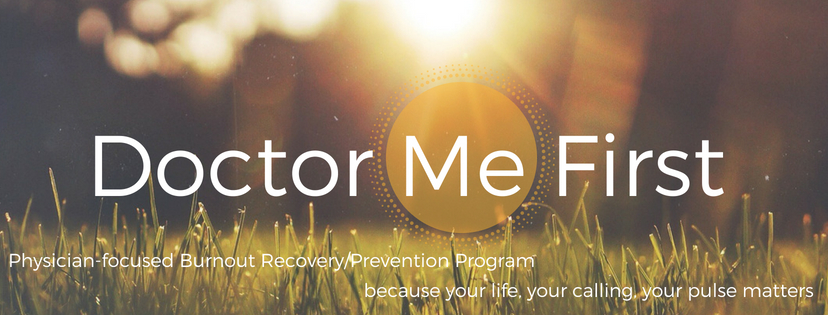Episode 4: Transformation with Dr. Ali Novitsky
Show Notes
Resuscitate Your Marriage: LoveRx for Physicians Podcast
Dr.ali@mindbodymarriage.com
Interested in being a guest on the podcast? Click here
Transcription
Dr. Weisman: Welcome, welcome! You're listening to Doctor Me First podcast with me, Dr. Errin Weisman. This is episode number four, and this podcast is all about female physicians coming together that have authentic conversations, get encouragement, and leave refreshed to take on our world. No more feeling alone in medicine, baby, not here because in this place you will find support, encouragement, and hope.





